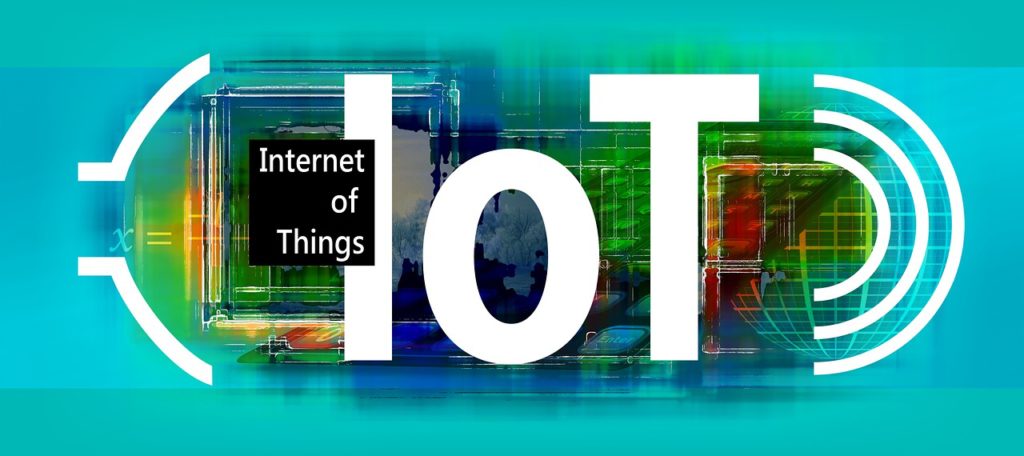IoT Consortium Insiders Newsletter: 3 Perspectives on the Intel – Mobileye Deal

Read my take on the Intel – Mobileye deal from the IoT Consortium’s Newsletter. Click HERE to read two additional perspectives from my respected colleagues.
What does Intel’s $15.3B acquisition of Mobileye mean for the IoT industry at large? The recent acquisition of Mobileye by Intel is definitely a spark in the momentum of the IoT Industry. Intel as a chip manufacturer (the ‘thing’ that goes into all other things) is a natural player in IoT, but for the last few years has taken a back seat in this space. This is not to say Intel does not do a ton with IoT, but has had a hard time establishing a vision and leadership in the space of IoT beyond being a component manufacturer. Let’s add to this that the IoT space is still quite young (despite analyst reports putting the devices in the billions — in reality we have a way to go). This move by Intel means it is clearly getting in the IoT space.
What is not clear at this time is if Mobileye is going to operate as stand-alone autonomous car sensing company or become integrated into the larger Intel space. I had this same question when Intel picked up Nervana in the AI space about 6 months ago. Is Intel going to go into the AI space or is it just stacking the deck to have all options? With a price tag of $15B (not a normal spend by Intel) one might say this is significant. It’s worth noting that the $5B+ portfolio of startups in Intel Capital also is a great place to look at where technologies can integrate. IoT spending is at a rise; perhaps at a hype level at this time. The key pivot point will happen WHEN these IoT devices start integrating and delivering real time essential results to customers, and not just connecting…
Do you expect this to trigger a flurry of M&A activity around autonomous driving technology? Yes: driverless cars are coming. Let’s think of this as an advance deposit by Intel — to get the right to play in this space — as it has not established this independently prior to this acquisition. So we are going to see more hyped-up investments because investors globally feel this is a hot area (remember the Internet in 2000?!). We will see investors pouring money into (and not asking the right questions about) IoT, AI, driverless vehicles (cars, drones) and all else IoT…important to be mindful and not rush into a space that is in the definition stage at this time.
Does this accelerate the timeline of when driverless and connected cars become ubiquitous? While no doubt Intel’s investment will spur on some other chain reaction of investment enthusiasm, the fact remains that driverless cars will take time to be introduced at a meaningful scale (i.e., make money). The reason is that unlike the Internet and many other applications on the internet or IoT, driverless cars include considerations such as DoT, legal, insurance, car to car communication, sensor technologies beyond the car, road regulations, traffic lights, car manufacturers coming on board, and tons more. So it’s a good idea to think through the broader picture and invest and enable all elements to work — and not just the car. An autonomous car can only scale and take off when all the other elements are addressed. So it’s a bit puzzling as to why we are ONLY thinking of autonomous cars!

